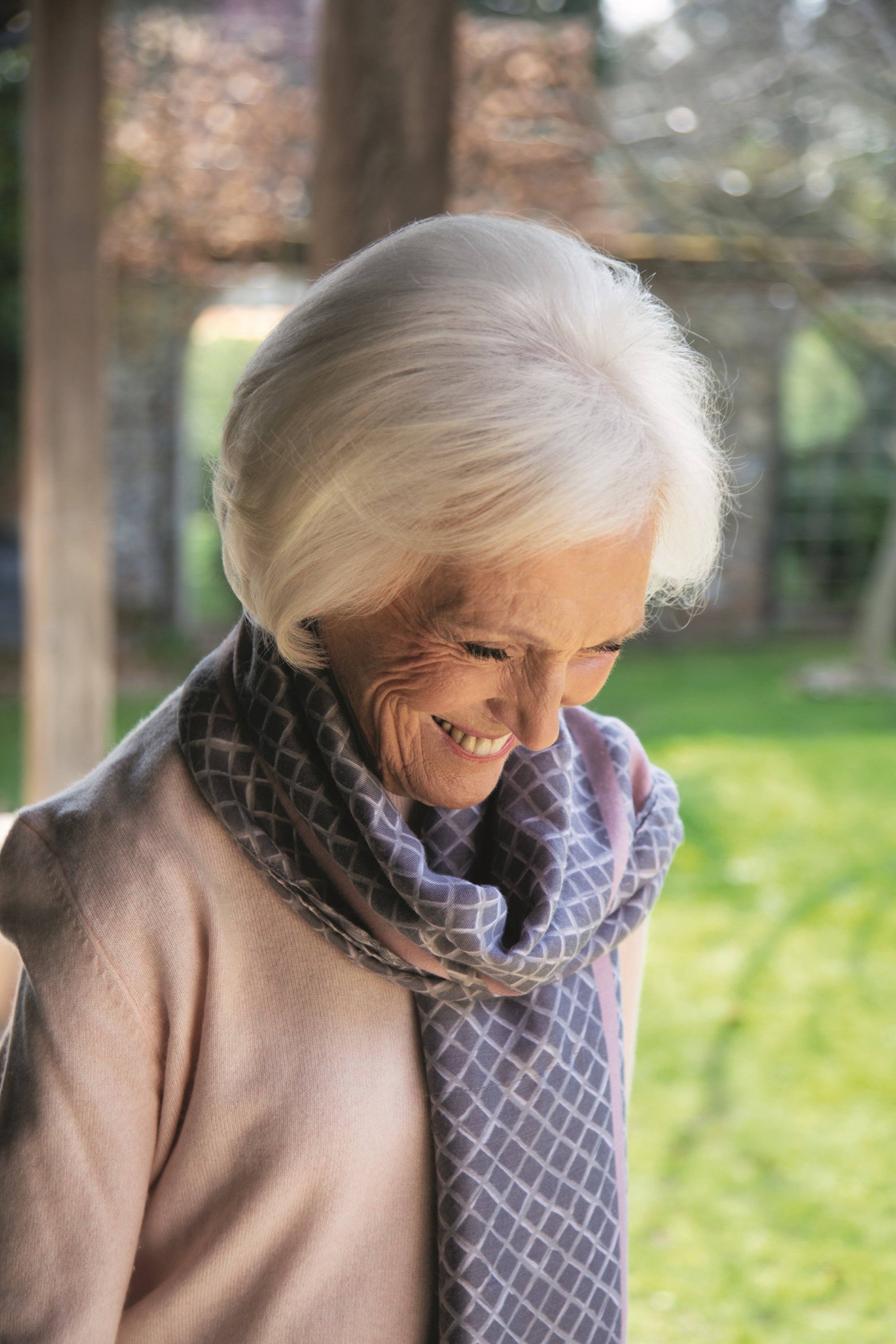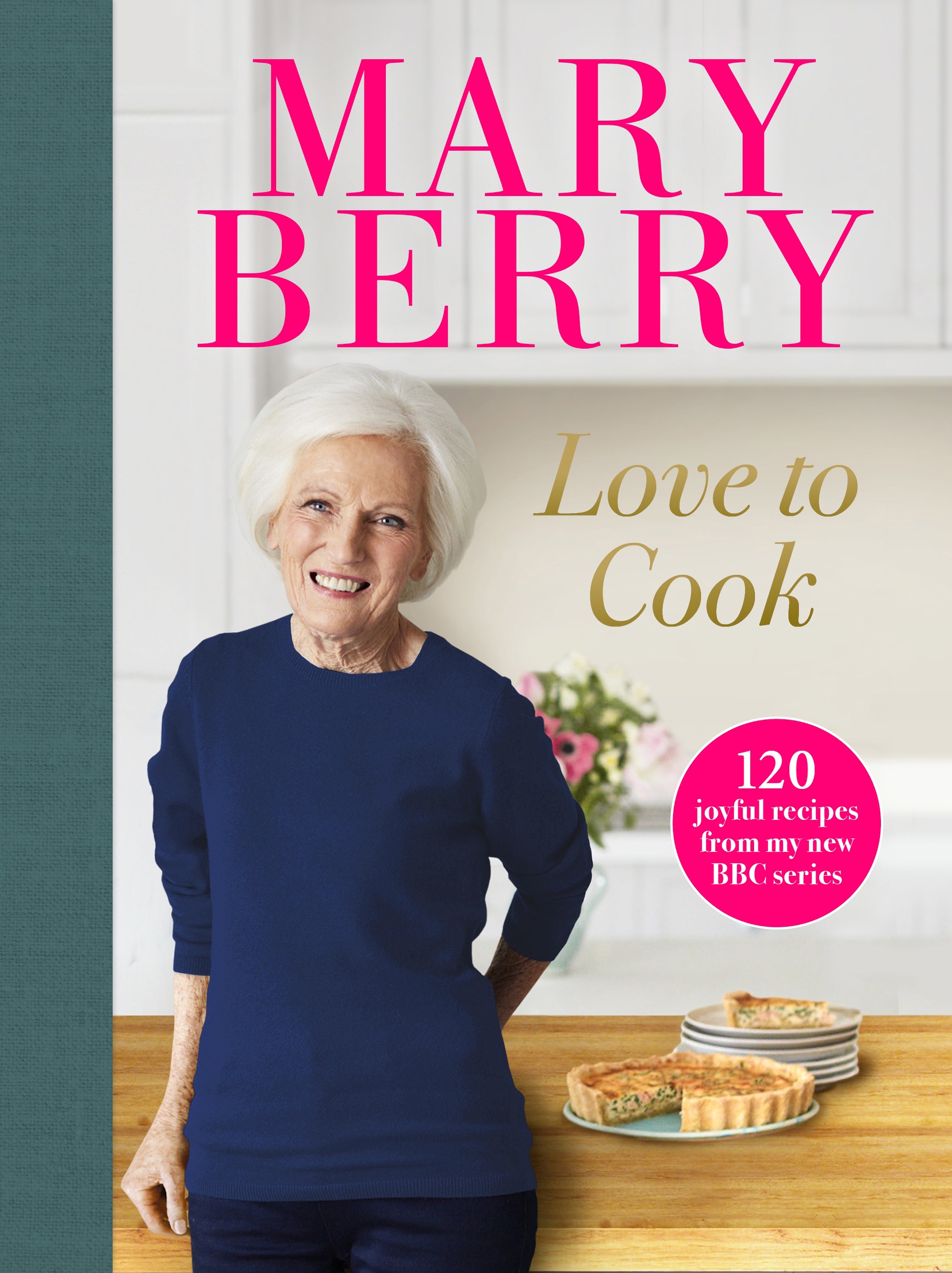Mary Berry’s ultimate tips, tricks and cooking hacks
As the cook returns with a new book, Ella Walker quizzes her on her kitchen secrets

Mary Berry has worked in the food industry for more than five decades and is always keen to keep learning.
The 86-year-old’s new TV series and accompanying cookbook, Love to Cook, sees her get to grips with preserved lemons and white miso, and she’s intent on bringing home cooks along with her. “I enjoy so much the teaching side,” says the Bath-born food writer and presenter, adding that “every recipe is achievable. It’s not too many ingredients, and they’re the sort of recipes that your family will go through.”
Trained at Le Cordon Bleu and with aeons of experience to back her up, when you speak to Berry she can’t help but share tips and tricks for making the most of your food – whether you buy it or grow it yourself.

Here’s a handful of her best hacks.
Grow your own lemons – and prune that lemon tree
Berry has a lemon tree she “cherishes” – but she does have an edge: “I look round at other people who’ve got lemon trees and they don’t prune it. I snip away at it in the summer in the growing season. It’s a lovely shape and very dense now, wonderfully green. I feed it and it’s in a very sunny spot.” It’s going in the greenhouse wrapped up for winter, but she says “the other thing you have to do is to pick the fruit. If you leave all the fruit on it, it doesn’t bother to turn the flowers into fruit”.
Sow potatoes in big buckets
In the new series, Berry meets a celebrated allotmenter, Terry, who taught her a few things about growing potatoes. “He grew potatoes, as I do, in big plastic bins,” she explains. “I said, ‘I’m waiting for the flowers on my potatoes’. He said, ‘You don’t want to do that: you want to put your hand down the side and see whether there are any’. So he put his hand down the side of his potatoes, no flowers on them, and up came little tiny potatoes, and it was beautiful.”
Multiply your supermarket basil
Berry gets through a lot of basil in her kitchen – and she doesn’t keep it in the fridge, because it likes to be warm. “If you don’t want to sow seeds, you can buy a pot in your supermarket and then nip out the tops, divide them up and spread them out in the garden,” she recommends. “They’ll grow well, or spread them out on the windowsill, so you’ve got more plants.”
Make fresh herbs last longer
Berry grows her own tarragon, sage, basil and rosemary, and is adept at keeping them fresh. “I put my herbs in a jug or a jam jar and slip a poly bag over the top and keep them in the fridge,” she explains. “They’ll keep very well. Parsley, whether you grow flat-leaf or ordinary parsley – it doesn’t matter, they’re a very similar flavour – will keep well if you’ve put the stalks in water.”
The secret to sparkling roasting tins
Washing up as she goes is classic Mary Berry, but if you’ve got a pan that really won’t shine, she has a back-up plan. “If you’ve got a really burnt dish that you’ve been roasting in, put a dishwasher tablet in it and pour boiling water on it and leave it overnight. You’ll be amazed how easily it comes off.”
Why cauliflower is the best bargain
Love to Cook goes big on vegetables, and Berry is a particular fan of cauliflower: “A cauliflower to me is such a good buy. You can roast it, cut thick slices from it, you can fry it, and any of the bits that fall off round the outside, you can stir-fry.”

How to cut waste
Fully aware of the need to reduce kitchen waste, Berry makes “compost from everything that’s not cooked”, she says, and she’s also a big fan of using reusable plastic boxes that have often had something else in. “I then wash them and use them again. I use beeswax paper for wrapping: it clings to itself and you can use it again.”
On getting the right level of heat
Everyone knows what spice level suits them. “My young [family] like chillies so that they jump when they eat them,” says Berry. “In the recipes, I always suggest a small amount. And if you want to add more, do. And spices – I love spices, I love curries. But I think you have to temper them for your family.”
‘Love to Cook’ by Mary Berry (published by BBC Books, £26; photography by Laura Edwards), available now
Join our commenting forum
Join thought-provoking conversations, follow other Independent readers and see their replies
Comments
Bookmark popover
Removed from bookmarks